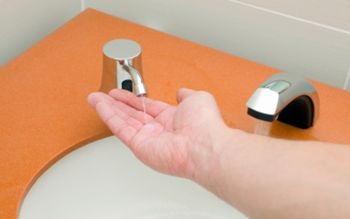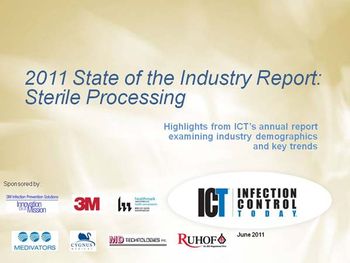
Sterile Processing
Latest News






If you are reading this, you value infection prevention and control. This article fits into that passion for one simple reason: sterile processing departments (SPDs) are pivotal to this value. The SPD critically serves surgical patients with instrument and other durable equipment for patients throughout the hospital.






Hospital operating rooms (ORs) and ambulatory surgery centers (ASCs) must confront more than their fair share of challenges in the current healthcare environment. Many facilities are working with limited capital and non-capital budgets; facilities have cut back on spending. Volumes of surgical procedures have been reduced as a notable percentage of people are unexpectedly without insurance due to job losses. Those patients are procrastinating on surgical procedures while they search for new employment.













One of the most common questions related to the sterile processing department (SPD) is this little gem, asked by surgeons, nurses and scrub techs: why does it take so long to get our sets up to the operating room (OR)? The demand for faster turn-around of surgical instruments is constantly hampered by a number of time-related challenges. In addition, when processes are fragmented and the instrument management process is less than ideal, turnaround time can also increase.